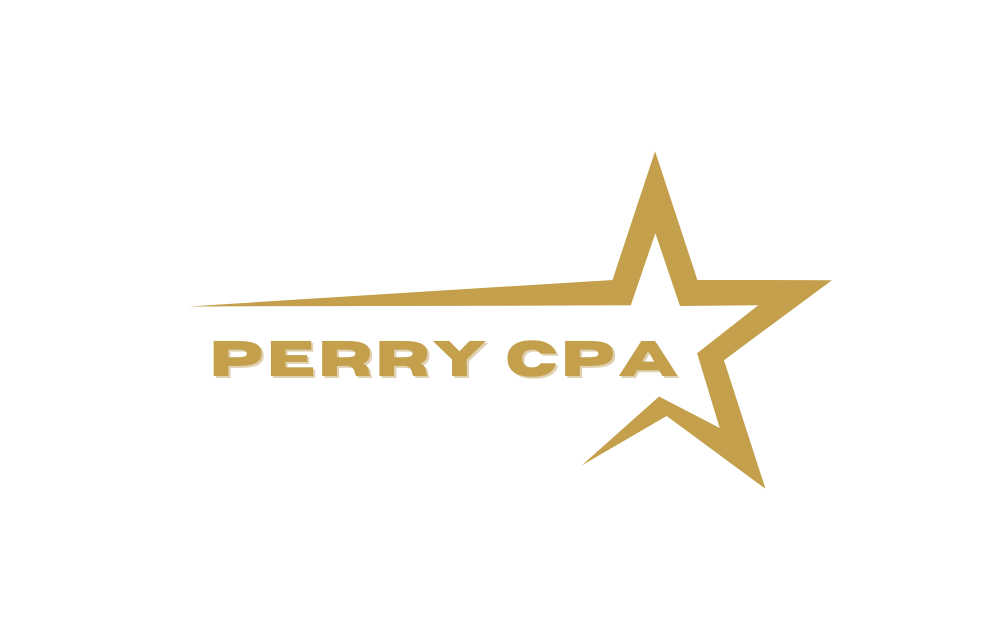
How to Make Your Investment Strategy Tax-Efficient
Investing wisely not only means choosing the right assets to grow your wealth but also managing the tax implications of your investments to keep more of what you earn. At Perry CPA, we understand the importance of a tax-efficient investment strategy. Here are some tips to help you make smarter choices that can lead to a more tax-efficient portfolio.
Consider Tax-Advantaged Accounts
The first step in a tax-efficient investment strategy is to make full use of tax-advantaged accounts. Accounts like Roth IRAs, traditional IRAs, and 401(k)s offer various tax benefits, including tax-deferred growth or tax-free withdrawals in retirement.
Each account has its own set of rules and benefits, so it’s important to understand which option best fits your financial situation and long-term goals.
Be Mindful of Asset Location
Not all investments are taxed the same way. For example, interest from bonds is taxed at your ordinary income tax rate, while long-term capital gains and qualified dividends benefit from lower tax rates.
Placing assets in the most tax-efficient accounts can make a significant difference. Consider holding investments that generate high taxable income, such as bonds, in tax-deferred accounts and investments that benefit from lower tax rates, like stocks, in taxable accounts.
Use Tax-Loss Harvesting
Tax-loss harvesting is a strategy that involves selling investments at a loss to offset capital gains taxes. This can be a powerful tool in managing your investment portfolio’s tax liability, especially in volatile markets.
However, be aware of the “wash sale” rule, which prohibits you from claiming a tax deduction for a security sold in a wash sale.
Hold Investments Longer

The tax code favors long-term investing. Assets held for over a year before being sold are subject to long-term capital gains tax rates, which are generally lower than short-term capital gains tax rates (applied to assets held for less than a year). Holding investments longer can significantly reduce your tax liability on gains.
Consider Municipal Bonds
Municipal bonds can be an attractive option for tax-efficient investing, especially for investors in higher tax brackets. The interest income from most municipal bonds is exempt from federal income taxes, and if the bonds are issued in your state of residence, you may also be exempt from state and local taxes.
Maximize Contributions to Retirement Accounts
Maximizing your contributions to retirement accounts not only helps you save for the future but also reduces your current taxable income. For 2023, individuals can contribute up to $6,000 to an IRA, with an additional $1,000 catch-up contribution allowed for those 50 and older. For 401(k)s, the contribution limit is $20,500, with a $6,500 catch-up contribution for those 50 and older.

Stay Informed and Consult a Professional
Tax laws and investment opportunities are constantly changing. Staying informed and consulting with a tax professional can help you navigate the complexities of tax-efficient investing. At Perry CPA, we specialize in helping our clients optimize their investment strategies for tax efficiency. Let us help you keep more of your hard-earned money.
Investing with tax efficiency in mind is a crucial part of maximizing your financial growth. By employing these strategies, you can work towards a more secure financial future while minimizing your tax liabilities. Remember, the key to a successful tax-efficient investment strategy is planning and ongoing management. Don’t hesitate to reach out to Perry CPA for personalized advice tailored to your unique financial situation.
